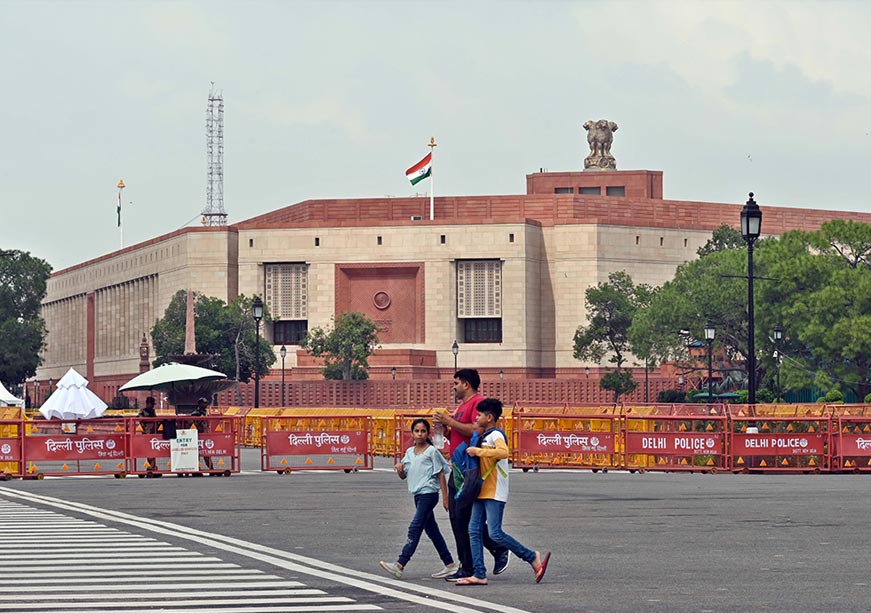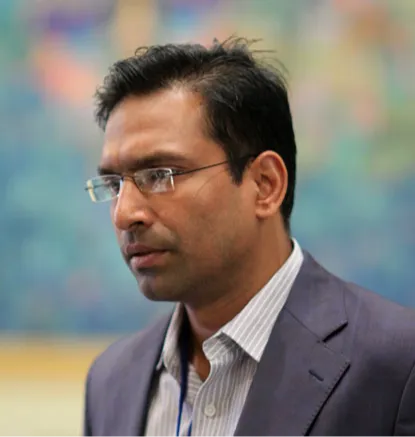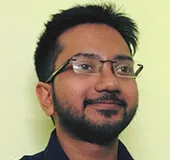-
CENTRES
Progammes & Centres
Location
Rising political costs in India go far beyond elections—candidates now invest heavily in visibility, mobilisation, and digital presence year-round.

Image Source: Getty
As part of a global initiative to understand the “Cost of Politics” across democracies, the Observer Research Foundation (ORF) conducted a case study focusing on India. Supported by the Westminster Foundation for Democracy (WFD), the study explored the linkages between how political funds are raised and the impact such financing has on the election cycle and the quality of representative democracy.
The key feature of this study is its exclusive focus on mapping the nature of spending by candidates contesting political office, rather than examining party-level expenditure. Further, the scope of the study extends beyond elections to include the broader expenditure cycle—beginning when a candidate enters politics, builds and nurtures a political constituency, and incurs costs to secure a party nomination (or succeed in party primaries). The study also sought to understand the dynamics of post-victory expenditures, particularly constituency-wide spending. Special attention was paid to regional variations in costs and the disproportionate impact of rising political expenses on disadvantaged sections such as women, youth, Dalits, tribals, and other marginalised groups. The scope of the study was confined to understanding spending patterns associated with contests for the Lok Sabha—the lower house of the parliament, and State legislative elections.
Special attention was paid to regional variations in costs and the disproportionate impact of rising political expenses on disadvantaged sections such as women, youth, Dalits, tribals, and other marginalised groups.
To gather/generate these insights, the study employed extensive fieldwork comprising semi-structured key informant interviews and focus group discussions (FGDs) with a wide range of stakeholders—candidates contesting elections, party officials, election authorities, academics, think tanks, journalists tracking money politics, and others. These interactions were conducted across four crucial regions: North, South, East, and Central India. In addition to primary sources, the research also drew insights from a substantial body of secondary literature, including published/academic articles, books, op-eds, election expenditure reports submitted by candidates and parties, and existing research studies on campaign finance, political participation, and party functioning in India.
As the cost of contesting elections and participating in politics has exponentially increased over the years, several structural and procedural factors have been identified in the study that are driving such costs. The study also provides some policy recommendations that entail much-needed institutional reforms and societal changes to mitigate the rising political costs and make the democratic process more accessible and inclusive.
Niranjan Sahoo is a Senior Fellow at the Observer Research Foundation.
Ambar Kumar Ghosh is an Associate Fellow at the Observer Research Foundation.
The views expressed above belong to the author(s). ORF research and analyses now available on Telegram! Click here to access our curated content — blogs, longforms and interviews.

Niranjan Sahoo, PhD, is a Senior Fellow with ORF’s Governance and Politics Initiative. With years of expertise in governance and public policy, he now anchors ...
Read More +
Ambar Kumar Ghosh is an Associate Fellow under the Political Reforms and Governance Initiative at ORF Kolkata. His primary areas of research interest include studying ...
Read More +